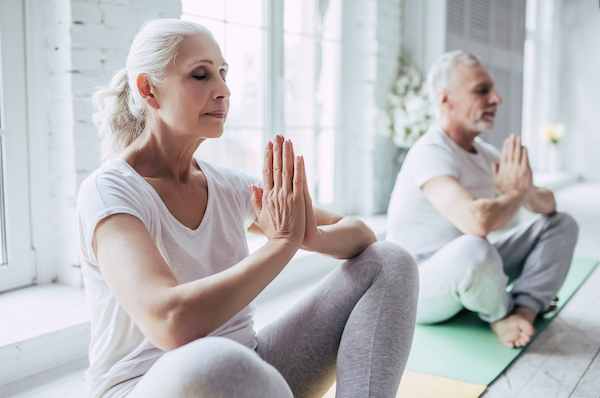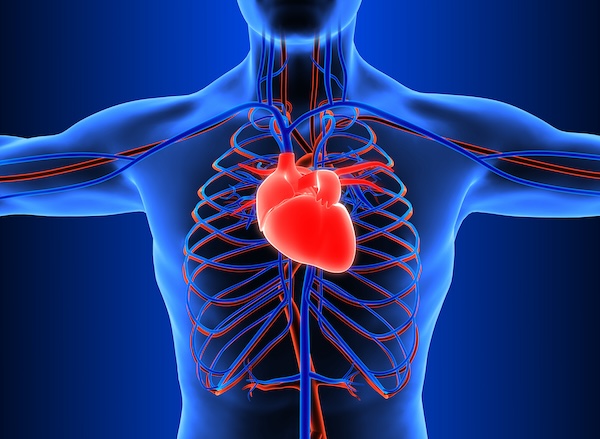
This is a continuation of a journal meta review article where they discuss if doctors should prescribe physical activity. Why? It helps every part of your health. For those of you at risk for depression or dementia, the statistics are compelling for exercise.
This was part of the Canadian Medical Association Journal January 2025 article “”Move more, age well: prescribing physical activity for older adults.” The improvements for all cause mortality, health risks, bone density, falls, and more were in a prior blog. This blog is to focus on the studies about depression and dementia.
COGNITION. They talk about how the number of people with dementia in Canada will almost double between 2020 and 2030. Physical activity is thought to lower dementia risks by many mechanisms- growth factors, less inflammatory cytokines, and improved vascular health (better blood flow to the brain)
- 2021 analysis of 14 longitudinal aging studies- higher activity was associated with lower risk of mild cognitive impairment and of mild dementia progressing to severe dementia. It also showed severe cognitive impairment improving- returning to mild cognitive impairment.
- Yoga based interventions may improve cognition in otherwise healthy older adults
- 2023 meta analysis in those with mild cognitive impairment, aerobic exercise was most effective at improving cognitive function, followed by resistance exercise. Multicomponent exercises and “neuromotor” exercise like tai chi were not as effective.
- 2021 systematic review and meta analysis for that “exergaming” like virtual reality and Wii Sports have been associated with improved cognition in older adults.
- For those who cannot exercise due to frailty or other issues, seated exercise may also offer cognitive benefits.
MENTAL HEALTH. Regular physical activity has positive effects on overall mental health, especially depression. It is thought that it is social, so it combats loneliness, and causes endorphin release.
- 2022 systematic review found exergaming improved depression, with 6-12 weeks being associated with mood, self esteem, anxiety, and depression improvement.
- 2022 meta analysis showed yoga, functional activity with goal setting, and chair based resistance band exercise reduced depression and anxiety.
- Resistance and aerobic exercise are both shown to be effective, especially together.
- Self selection of exercise improves adherence.
QUALITY OF LIFE. Being active makes life better. Whether from the improvement in health, ability to do the activities of daily life, or the social aspects is unclear. Outdoor activities (like Nordic walking with poles, outdoor exercise parks, and aquatic exercise) show improved quality of life, mood, anxiety, and other outcomes.
How can Biohackr Health help?
GET MOVING. We are focused on building muscle. Measure your current muscle mass with our InBody Scan. Remember the WHO guidelines for activity. Your goal is 150-300 minutes of moderate intensity (or 75-150 minutes of vigorous activity) weekly. Moderate intensity is defined as a 5-6/10 effort with an increase in your heart rate of 64-76% of your maximum. Vigorous activity is an 8/10, with a heart rate increase of 95% of your maximum.
MUSCLE MASS is related to dementia. Then take our creatine supplement (CREATINE) to help build muscle. Read the blog.
FOCUS ON YOUR BRAIN. There are many other treatments which can help with dementia. Did you know hormone replacement in post menopausal women is associated with lower rates of Alzheimers? Or that the GLP 1 medications like semaglutide and tirzepatide slow dementia progression? NAD is also thought to help. There is a lot of science showing ways to age better. Read our BLOGS on science, evidence based ways to age better. These must be implemented when you are young- think 40s, 50s, 60s- to be good when you are 70.
